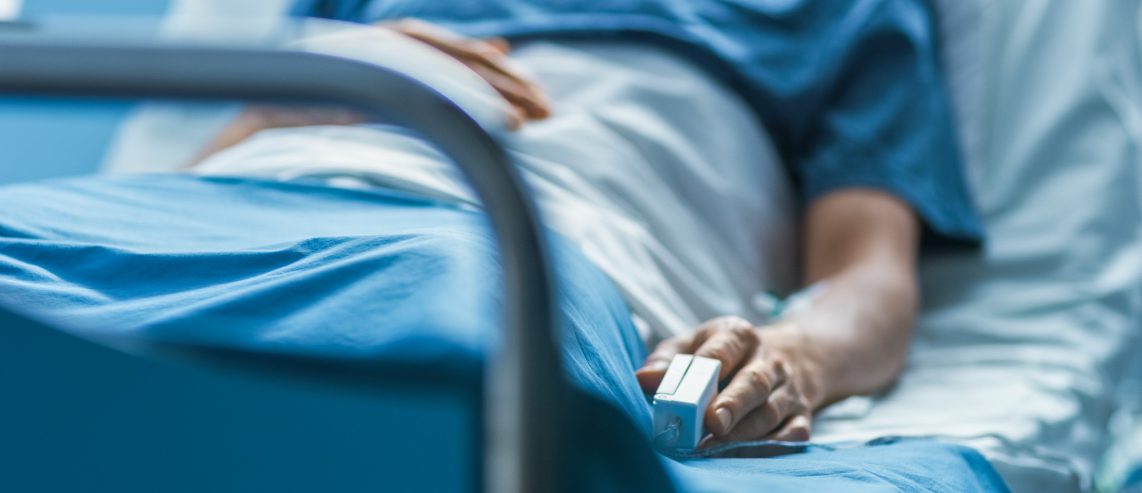If your doctor recommends surgery, you might assume you’ll need to stay overnight in the hospital. But that’s not necessarily the case. In fact, according to the American Society of Anesthesiologists, two-thirds of all surgical procedures now take place in outpatient settings.
What Are Outpatient Surgeries?
Outpatient surgeries are procedures where you don’t stay overnight in a hospital. Outpatient surgery has other names, such as ambulatory surgery, office surgery, or same-day surgery. The terms all mean the same thing — a surgical procedure where you go home the same day.
Outpatient surgery sometimes happens in a hospital. But they can also occur in a doctor’s office or at an ambulatory surgery center (ASC). ASCs are usually free-standing centers that provide surgery, medical procedures, and diagnostic services outside of a hospital.
Outpatient surgeries might take a few minutes or a few hours. You typically receive some form of anesthesia, depending on the procedure. Most common outpatient surgeries are for conditions that aren’t medical emergencies.
Never Miss a Beat!
Subscribe to Our HealthBeat Newsletter!
Thank you for subscribing!
You can now select the specific newsletters you'd like to receive.
You are already subscribed.
Subscribe to more newsletters in our email preference center.
Sorry, an error occurred. Please try again later.
Get Healthy Tips Sent to Your Phone!
Benefits of Surgery Outside of a Hospital
Outpatient surgery in a doctor’s office or an ASC can be more convenient than having surgery in a hospital. Some advantages might be:
- Less wait time to schedule surgery.
- Less time off work or school.
- Reduced stress.
- Convenient locations close to home.
- Lower cost.
- Ability to recover in your own home, which can aid healing and ease stress.
What Are the Most Common Outpatient Surgeries?
Many procedures and surgeries nowadays routinely take place on an outpatient basis. The most common outpatient procedures and outpatient surgery types are:
- Cataract surgery. A cataract happens when your eye’s natural lens becomes cloudy. During the outpatient procedure, doctors remove your natural lens and replace it with an artificial lens.
- Ear/nose/throat surgery, including removal of tonsils and adenoids.
- Cosmetic surgeries, including breast reconstruction and skin grafts.
- Urologic procedures, including vasectomy.
- Orthopedic procedures, including knee and hip replacements, as well as toe, foot, ankle, and leg procedures.
- Gall bladder removal.
- Skin procedures, including mole removal and other skin repairs.
- Lumpectomy, which is the removal of a cancerous tumor in the breast.
- Colonoscopy and endoscopy.
- Hand, wrist, elbow, and ankle repairs, including procedures on people with arthritis.
- Tendon and muscle repair, including rotator cuff surgery.
- Gynecological procedures, such as D&C and tubal ligation.
- Hemodialysis for those with kidney disease.
- Hernia operations.
- Hemorrhoid procedures.
- Kidney stone treatment.
How to Prepare for Outpatient Surgery
Your doctor will give you a list of instructions before your procedure. They are likely to include:
- Don’t eat or drink. You will probably have to fast (not eat or drink anything) for a certain number of hours before your procedure.
- Bring a support person. You may feel groggy after surgery, so a support person can help listen to your doctor’s instructions and ask any questions. Your friend or family member will also need to drive you home.
- Wear loose, comfortable clothes. After your surgery, you may have a bandage that will interfere with tight jeans or other snug clothing. You may also be sore from the surgery, so keep all clothing oversized and comfortable.
What Happens After Surgery?
Once you’ve recovered from anesthesia, your doctor will discharge you from the surgical center. To go home, your vital signs must be stable. You’ll also need someone to drive you home.
You should allow for some recovery time, so don’t plan on rushing back to work or school. Your doctor will probably advise you not to drive for at least 24 hours. You may feel drowsy and have side effects including muscle aches, sore throat, and headaches.
Your doctor will give you papers with written instructions for your at-home recovery. Your instructions will include things to avoid (like exercise or food) along with a number to call with questions.
If you have any concerns at all, you should check in with your medical team.
Sources
American Society of Anesthesiologists, Outpatient Surgery, Link
CCD, National Health Statistics Report: Ambulatory Surgery Data from Hospitals and Ambulatory Surgery Centers, Link
Ambulatory Surgery Center Association, ACSs: A Positive Trend in Health Care, Link
Association for Professionals in Infection Control and Epidemiology, How to prepare for an outpatient surgery procedure, Link
About UPMC
Headquartered in Pittsburgh, UPMC is a world-renowned health care provider and insurer. We operate 40 hospitals and 800 doctors’ offices and outpatient centers, with locations throughout Pennsylvania, Maryland, New York, West Virginia, and internationally. We employ 4,900 physicians, and we are leaders in clinical care, groundbreaking research, and treatment breakthroughs. U.S. News & World Report consistently ranks UPMC Presbyterian Shadyside as one of the nation’s best hospitals in many specialties and ranks UPMC Children’s Hospital of Pittsburgh on its Honor Roll of America’s Best Children’s Hospitals. We are dedicated to providing Life Changing Medicine to our communities.
